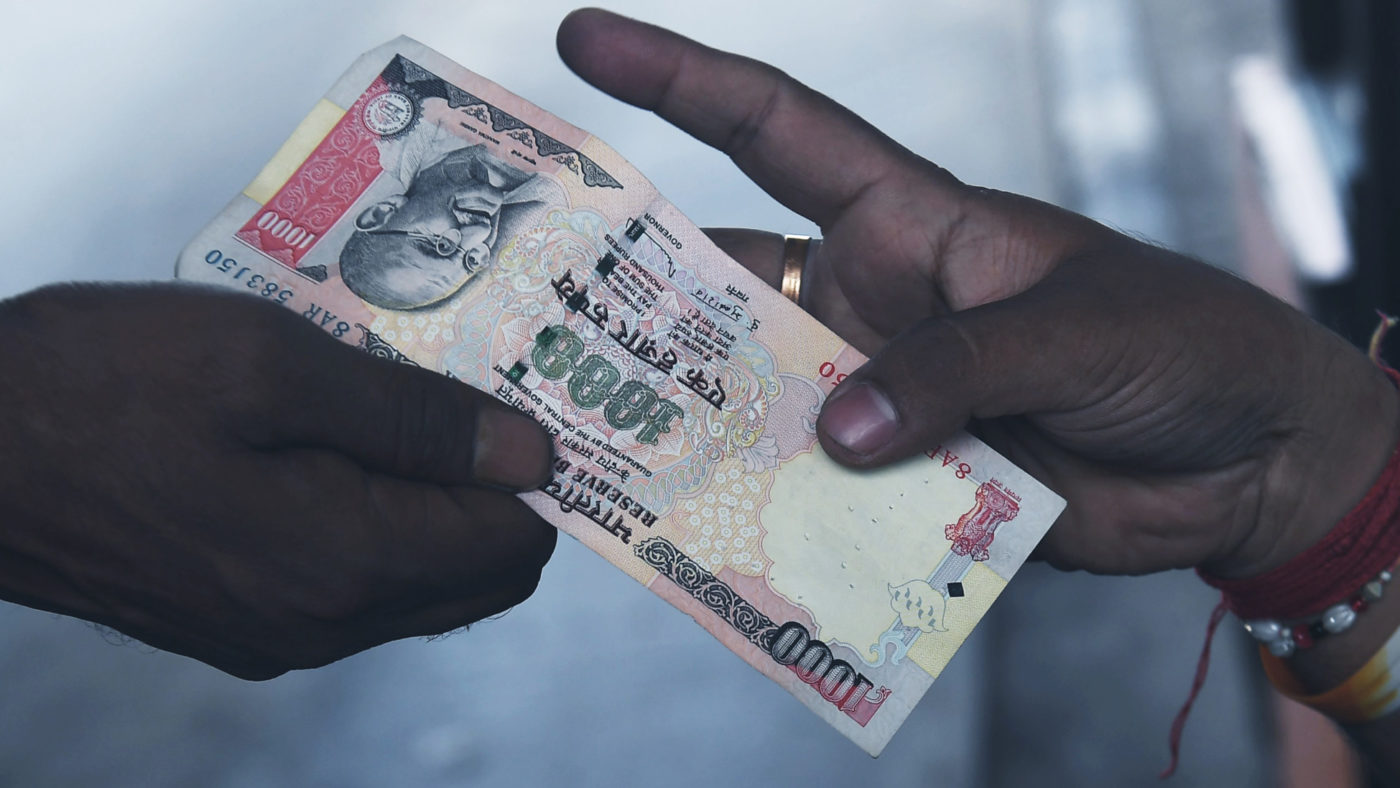The Department for International Development (DfID) of the UK government wants to increase direct cash transfers to up to six million people. In the light of the truly shocking Oxfam scandal last week, bypassing charities altogether may prove appetising. Especially when DfID struggles to meet the 0.7 per cent of GDP target.
But experience in developed countries shows that it is possible to pay people just enough to remain poor. How much more so in developing countries, where there is slim access to a stable job market?
I was sitting in the K Street office of our NGO in Washington DC, reviewing details of a USAID grant we were delivering: multi-million-dollar amounts spent over three years to help subsistence farmers in northern Mozambique. From memory, the farmers would save about $600,000 among several hundred of them by the end of the programme. That same week I had sharpened a pitch to a corporate sponsor: Bhuppa, a woman in Thailand, had been taught how to weave and sell baskets, and save for her children. After three years she had saved $10.
In both cases I did a quick calculation of the project’s costs, number of users, and cash outcomes. You had to ask, wouldn’t it be better to give them the cash: $4,000 or so to each farmer, and $1,000 a year to Bhuppa?
DfID has actually been trying this out since the mid-2000s. A recent report states cash transfers account for 10.3 per cent of global humanitarian aid. Cutting straight through the middle-man, and handing out hundreds of millions of pounds in cash from the UK taxpayer directly to recipients. The impact assessment reports say this has helped to reduce poverty. The cash payments are reported to afford human dignity by letting the recipient decide what to do with the money, they can exist alongside other programmes, and they are fast, direct and have an immediate impact.
A woman with a headscarf comes up to a shack with a corrugated metal roof, hands over a piece of paper, and is confirmed a beneficiary. She walks away with a wodge of notes, either that or cash and vouchers are transferred to her mobile phone. She is a winner, others in her village may be losers.
I have seen people being given money free on a regular basis before. The context was very different but the results were not pretty.
At a hostel for homeless people, where I worked for two years, we cared for a changing kaleidoscope of human chaos, a churn of young and old, male and female: people who were homeless not because they didn’t have a home but for whom the hardest thing in the world was to live under one roof, to eat three meals a day, and do a house-cleaning chore once a week.
It was far easier to burst into a violent tirade, pull a knife out of the kitchen drawer and wave it at someone, smash the glass door in with your fists and shred your face with the shards while screaming verbal abuse at staff, sniff glue, smoke weed, sit in a methodone-induced coma dribbling in an armchair for the afternoon, then get kicked out for hitting a resident. And once a week, the 60-something alcoholics in their charity-shop suits would collect their weekly benefits and return six hours later totally drunk. Once one even pissed his incapacity benefit all over his room-mate’s bed.
It was these two years working with people with “complex needs” that made me a little suspicious of handouts. Over time they have a corrosive effect. The examples I saw were extreme. But they are by no means rare. They are symptomatic of a culture where chronic lifestyle collapse can be sustained through welfare.
On paper, it might make financial sense to bypass the programme – that teaches farming knowhow, how to save, how to budget, tells you how to say no to an abusive partner, and so on – and instead give the cash directly. But in the long term, it is not a solution.
Direct cash payments are there to help those at the bottom of the pile. But the only way to assist those “at the bottom” is to help ensure they get access to the labour market, and where there is none, to build one. If cash payments allow more people to access the benefits of emerging market economies they are a necessary ill. But if they are intended to be a solution in and of themselves – complying with the sort of Oxfam thinking that the poor are poor because the rich are rich, and radical redistribution of wealth should happen without judgment – then they will fail.
When I looked over that grant proposal and others like it from my office in DC, it seemed that multi-million dollar grants were a flash flood upon regions with slim capacity to absorb them: no markets, no infrastructure, no rule of law. The point of farmer training was to increase capacity. But as anyone involved in aid knows, it is a slow business.
There is great enthusiasm for cash handouts to the poorest. And for good reason. They need the cash. But let us not be satisfied in thinking that it is a lasting solution. At best, it creates some winners among losers. At worst, it is a further entrenchment of a dependency culture that the multi-billion dollar aid industry creates, if it is not creating jobs.


